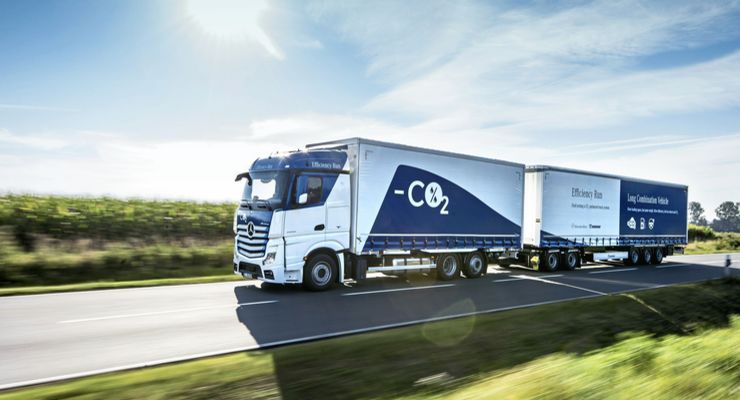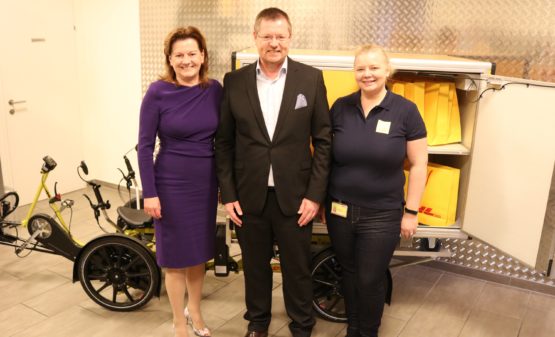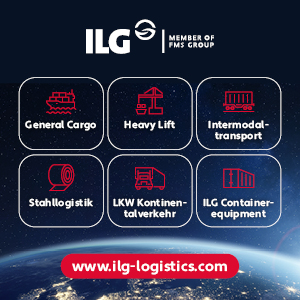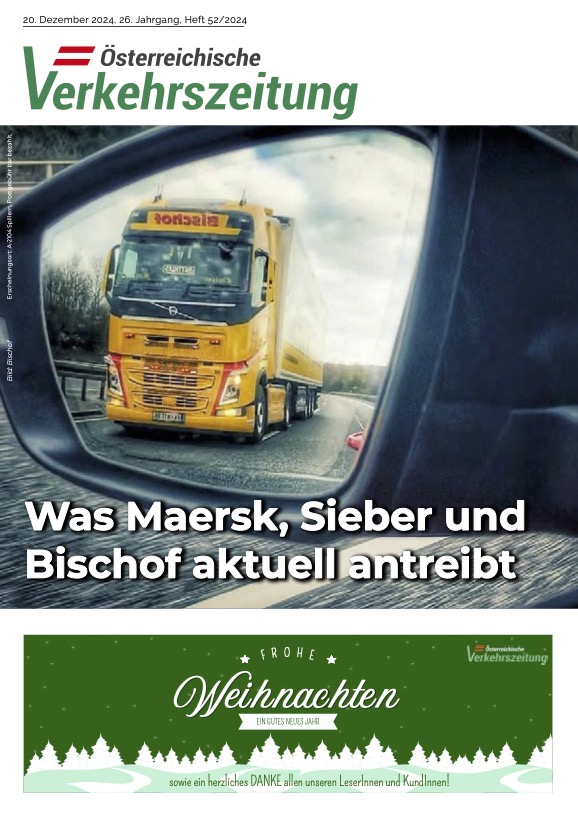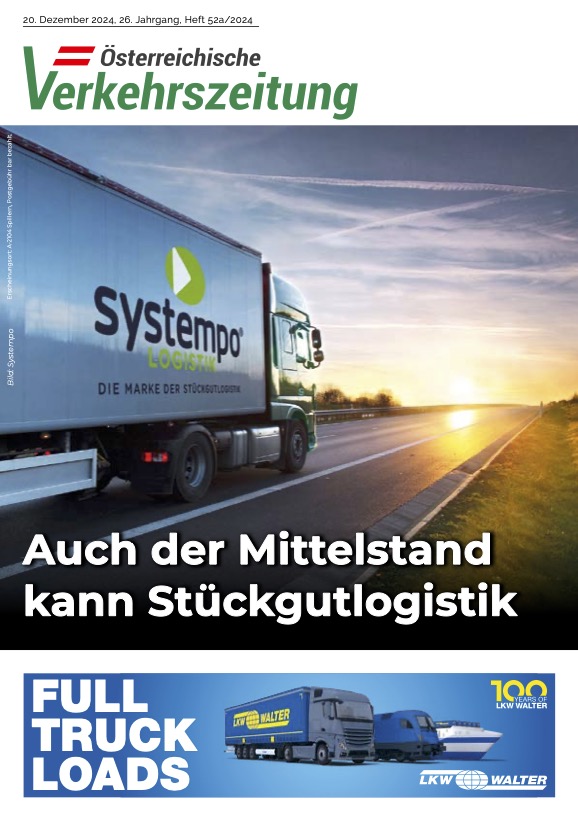“If we want to achieve a real reduction in truck transit, we must think about the approval of new vehicle concepts, given the limited traffic infrastructure in the Alpine region,” said Günther Reder, Chairman of the Association of Freight Transport in the Austrian Chamber of Commerce (WKÖ).
He therefore calls for the introduction of so-called “long trucks”, like in Germany. These trucks, with a length of up to 25.25 meters, are significantly longer than conventional trucks, but with a total weight of 40 tonnes they have the same weight. They can effectively reduce the absolute number of truck journeys by up to 30 per cent.
“For Tyrol, this would mean an estimated reduction of around 600,000 trucks and up to 25 per cent less CO2 emissions, thus representing a real relief of truck transit traffic,” says Reder. According to his assessment, it would only be necessary to set up a cross-border corridor for such long trucks between Germany – Austria – Italy.
The gradual expansion of the Tyrolean driving bans has not reduced truck traffic in numbers. However, various measures that have been taken since the transit agreement in the early 1990s, as well as the use of the most modern Euro 6 trucks, have made transport more ecological. Long trucks can save up to 25 per cent on CO2 emissions and about 600,000 truck trips. “This solution would be a fast, effective and efficient solution as opposed to all truck driving bans,” Reder is convinced.


